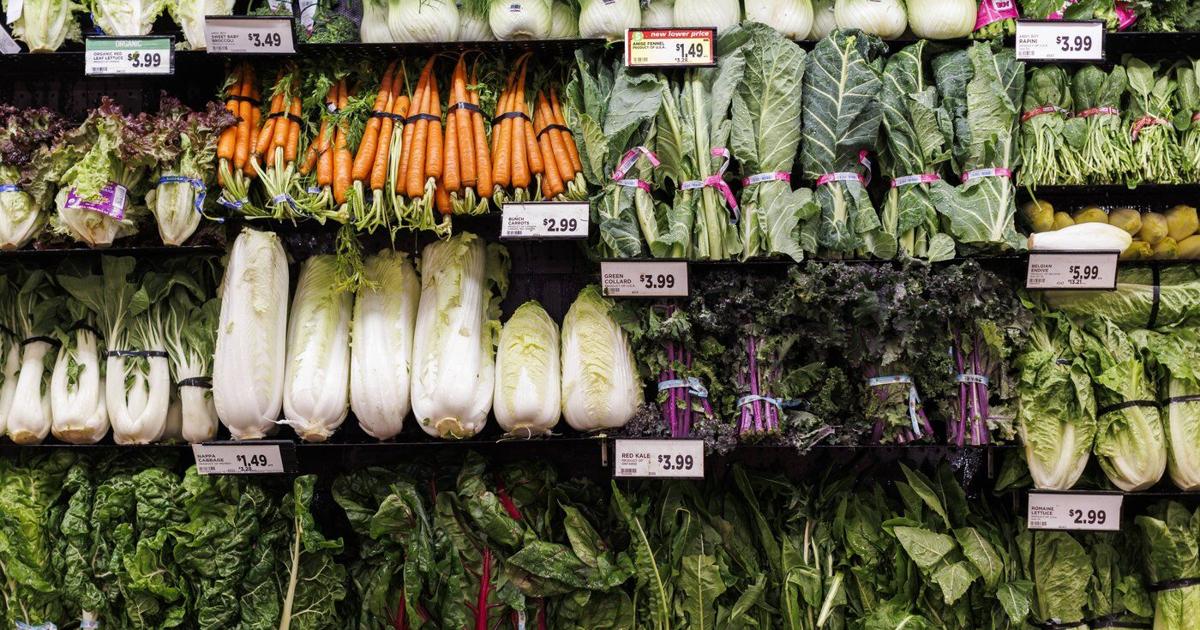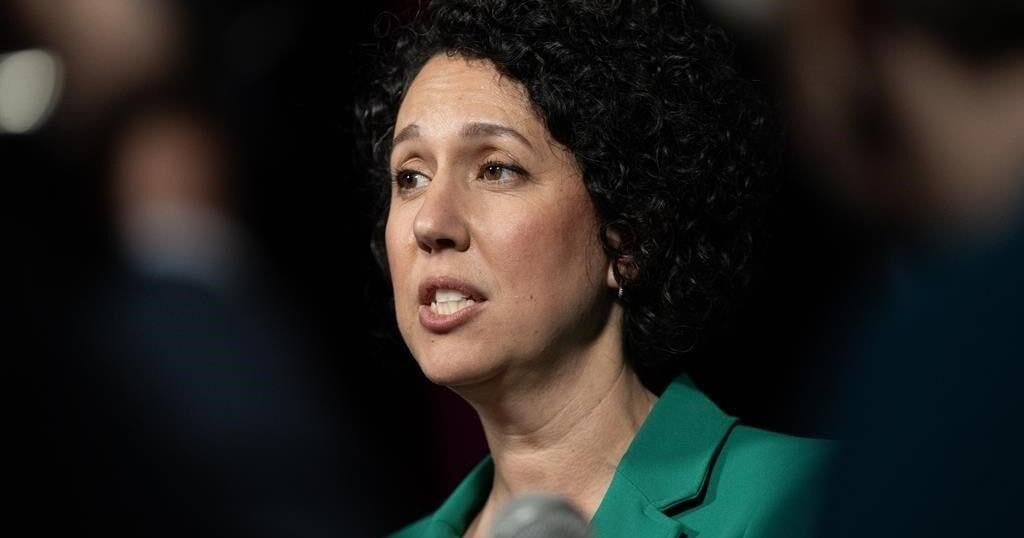TORONTO – A new report says mental health across Canada is three times worse than it was before COVID-19 and access to care varies widely across provinces and territories.
The Canadian Mental Health Association says 2.5 million people say they can’t get the care they need.
Its report also says 57 per cent of young people between 18 and 24 years old who have early signs of mental illness say they can’t afford to get services.
Sarah Kennell, the association’s director of public policy, says a root cause of the problem is that mental health isn’t part of Canada’s universal health-care system.
Although hospital care and psychiatrists are paid for by government, she says people have to pay out of pocket or through insurance for most community-based mental health and addictions counselling.
The report calls on the federal, provincial and territorial governments to dedicate 12 per cent of their total health budgets to mental health — up from the current average of 6.3 per cent across the country.
Mental health is currently “siloed” from the nation’s universal health-care system, Kennell said, and the federal government needs to either amend the Canada Health Act or create “parallel legislation” to make mental-health care accessible to everyone.
“Our (mental health) system is a pay-to-play system whereby services like counselling, psychotherapy, addictions treatment, (and) treatment for eating disorders all fall outside of our public universal health-care system,” she said in an interview.
Many people who don’t have private insurance simply can’t afford that, she said, noting that the affordability crisis is making things worse.
Lower-income groups report higher levels of anxiety than higher-income people, Kennell said.
“People are having to choose between rent and therapy, putting food on the table and addictions treatment and those are choices we don’t think anyone in Canada should have to make,” she said.
The State of Mental Health in Canada 2024 is the first edition published by the Canadian Mental Health Association and will serve as a benchmark to measure progress in future reports released every two years, Kennell said.
The CMHA used data from Statistics Canada’s community health survey, as well as qualitative measures including interviews with people who have experienced mental health issues.
It also researched the percentages of health budgets dedicated to mental health in peer countries, including France, Germany, the U.K. and Scandinavian countries, Kennell said.
This report by The Canadian Press was first published Nov. 19, 2024.
Canadian Press health coverage receives support through a partnership with the Canadian Medical Association. CP is solely responsible for this content.

























